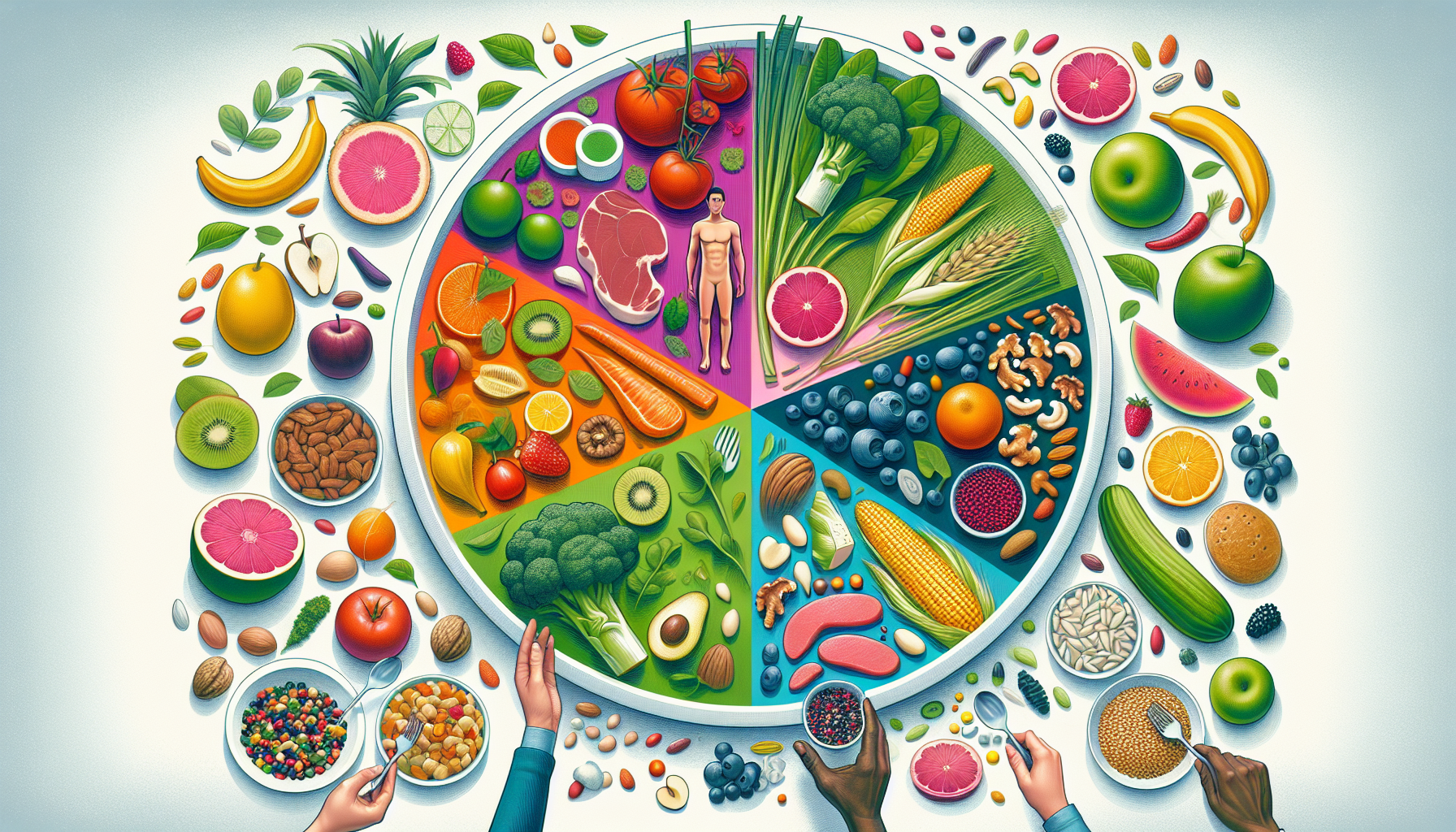In an era where healthcare is rapidly evolving, personalized nutrition stands at the forefront of preventative medicine. The concept of personalized nutrition involves tailoring dietary recommendations to individual needs, considering factors such as genetics, lifestyle, and health status. This approach holds the promise of optimizing health and mitigating the risk of disease. As we delve deeper into the intricacies of personalized nutrition, we find that its potential to revolutionize disease prevention is immense.
The Science Behind Personalized Nutrition
Personalized nutrition is grounded in the understanding that everyone’s body is unique. This individuality affects how we respond to different foods and nutrients. The one-size-fits-all dietary recommendations of the past are being replaced with more nuanced approaches that consider the individual’s unique genetic makeup, microbiome composition, metabolic rate, and even taste preferences.
Genetic Factors
Genetic predispositions play a significant role in how our bodies process nutrients. Certain genetic markers can indicate how an individual might respond to specific diets, or their risk for developing diseases such as diabetes or heart disease. For instance, someone with a genetic variation in the MTHFR gene may require more folate in their diet to prevent certain health conditions.
Environmental and Lifestyle Influences
Environmental factors, including exposure to toxins and stress levels, combined with lifestyle choices such as exercise habits and sleep patterns, can influence nutritional needs. For example, individuals with high-stress lifestyles may benefit from increased intake of magnesium, which supports the nervous system.
Implementing Personalized Nutrition
To fully harness the benefits of personalized nutrition, a comprehensive approach is essential. This involves not just genetic testing, but also regular health check-ups, monitoring of biomarkers such as blood glucose levels, and an in-depth understanding of one’s dietary habits and preferences.
Nutrigenomics
Nutrigenomics is the study of how food and its constituents influence gene expression, and this field is integral to personalized nutrition. By understanding nutrigenomic interactions, we can predict and prevent disease more effectively by recommending diets that support optimal gene expression.
The Role of Personalized Nutrition in Specific Health Areas
When it comes to disease prevention, personalized nutrition can be particularly impactful in several key health areas.
Cardiovascular Health
For cardiovascular health, personalized nutrition strategies can optimize lipid profiles and blood pressure. For example, individuals with hypertension may benefit from a diet lower in sodium and richer in potassium. For a deeper understanding, explore more on cardiovascular health.
Digestive Health
The gut microbiome is another area where personalized nutrition can be transformative. A diet rich in prebiotics and probiotics can enhance gut health, potentially reducing the risk of inflammatory bowel diseases and improving overall digestion. More on this can be found within the context of digestive health.
Metabolic Disorders
In the realm of metabolic disorders such as diabetes, personalized diets can regulate blood sugar levels more effectively than generic dietary advice. Adjustments in carbohydrate intake and the inclusion of specific fibers can have significant impacts on glycemic control.
Integration with Lifestyle and Medical Regimens
Personalized nutrition also extends to complementing medical treatments and supplement regimens. For instance, individuals on certain medications may need to adjust their vitamin K intake to avoid interactions with blood thinners. Similarly, the efficacy of supplements like omega-3 fatty acids on heart health can be maximized when tailored to an individual’s lipid profile, as noted in the discussion on the impact of omega-3 supplements on heart health.
Challenges and Ethical Considerations
While the promise of personalized nutrition is alluring, it is not without challenges. Accessibility to genetic testing and personalized diet planning remains limited for many. Additionally, ethical considerations around data privacy and the potential for genetic discrimination must be addressed as this field advances.
Practical Steps Towards Personalized Nutrition
For those interested in personalized nutrition, here are some practical steps to consider:
-
Genetic Testing and Health Assessments: Consider undergoing genetic testing and comprehensive health assessments to understand your unique nutrition needs.
-
Dietary Tracking: Use food diaries or mobile applications to track your dietary intake and observe how different foods affect your well-being.
-
Professional Guidance: Seek the advice of dietitians or nutritionists who specialize in personalized nutrition to develop tailored dietary plans.
-
Continual Learning: Stay informed about the latest research in nutrition science and how it may apply to your individual circumstances.
External Resources for Further Exploration
To further explore the nuances of personalized nutrition and its benefits:
-
International Society of Nutrigenetics/Nutrigenomics offers resources on the latest research in the field of nutrigenetics and nutrigenomics.
-
The American College of Nutrition provides access to publications and conferences on nutrition science.
-
The Academy of Nutrition and Dietetics offers a wealth of information on healthy eating and finding professionals for personalized nutrition advice.
The Future of Personalized Nutrition
As research continues to unveil the complexities of human nutrition, personalized nutrition is poised to become an integral part of disease prevention strategies. By embracing this tailored approach, we can move towards a future where diet-related diseases are significantly reduced, and individuals can enjoy a higher quality of life through nutrition that is truly suited to their needs.
In conclusion, personalized nutrition is more than a trend; it’s a paradigm shift in our approach to health and wellness. By considering the unique genetic makeup, lifestyle, and health status of each individual, personalized nutrition offers a path to optimize health and prevent disease. As we continue to learn and apply these principles, we can all look forward to a healthier, more vibrant future.



